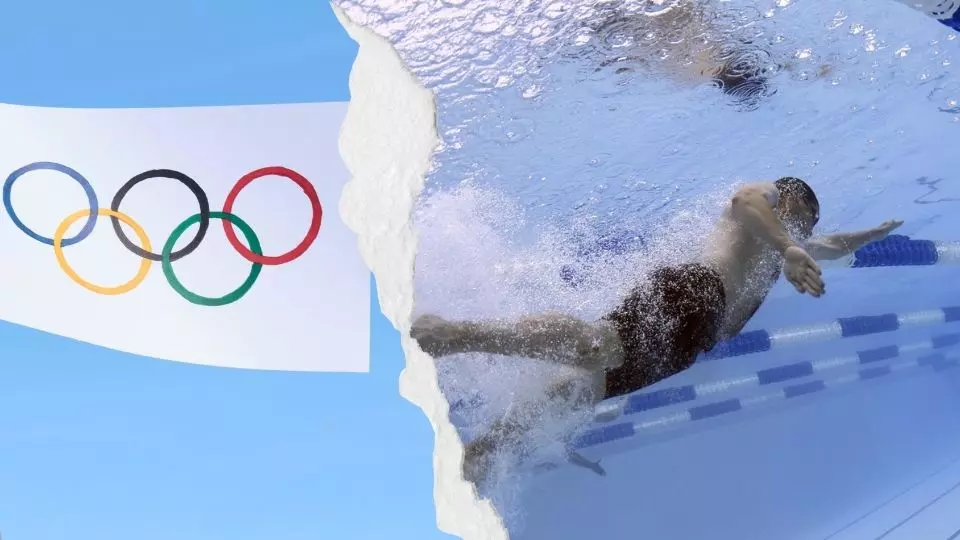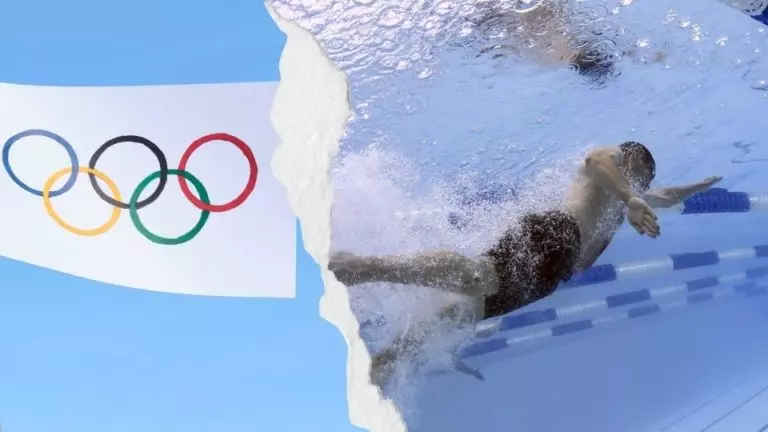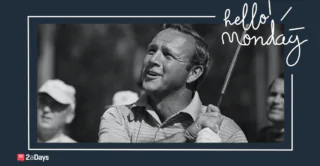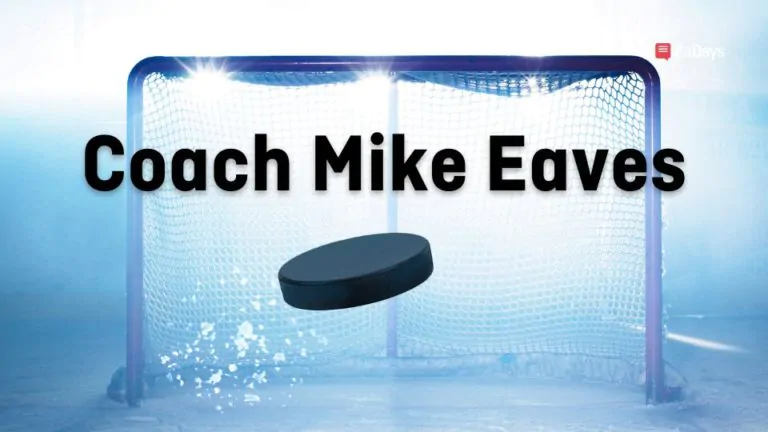Financial shortfalls from COVID-19 have caused schools throughout the NCAA to make cuts to athletic programs. Between March and October of 2020, 300 teams were cut by 78 colleges and universities. 274 out of the 300 teams cut came from sports that are commonly performed at the Olympics and do not generate revenue for the school.
Related: Imbalances between Equivalency and Headcount Sports
The cuts made during COVID-19 are bringing light to a larger, more concerning trend. According to sports historian and clinical assistant professor at Arizona State Victoria Jackson, schools are likely to make massive cuts to Olympic or non-revenue programs during financial downturns. From the 2007-08 to the 2009-10 fiscal year, 101 DI teams were cut. In the 2006-07 fiscal year, 66 teams were discontinued. Unsurprisingly, the overwhelming majority were Olympic sports.
The state of Olympic sports at collegiate institutions is constantly in jeopardy. In a quote to the Washington Post, former East Carolina swimmer Dan Shuman said “as an Olympic sport [athlete] at a Division I college, you always have this understanding in the back of your head that if something is going to be cut, it's potentially going to be your sport. It's living in the shadow of the guillotine.”
Related: 12-Time Olympic Medalist, Natalie Coughlin, Talks UC Berkeley and Recruiting
While Olympic sports do not bring in revenue, they also cost less to fund. The University of Minnesota, facing a deficit that could reach $60 million, said they could no longer support the $750,000 men's gymnastics budget. Currently there are only 13 DI teams that sponsor men's gymnastics in the NCAA.
The on-going trend of cutting non-revenue sports during times of economic hardship threatens the fabric of the U.S. Olympic system. The interwoven nature of school and sport in America has been a successful Olympic formula. At the 2016 Rio Olympics, nearly 80% of U.S. Olympic athletes played at the college level, and the indoor volleyball, rowing, field hockey, and fencing rosters were entirely composed of collegiate athletes. Athletic programs cut by schools are unlikely to return. Therefore, losses to the collegiate Olympic pipeline will affect the United States' performance at international competitions.
There are three main consequences to the U.S team.
- Fewer parents will sign their kids up for more fringe sports without the opportunity for a college education.
- Lower profile recruits who are unsure of their professional potential will not get an opportunity to develop their skills.
- In the absence of a bankrolled Olympic training program like China or Russia, there will be a smaller pool of talent to compete for Olympic spots.
Related: The Decline of Men's Swimming and Diving in the NCAA
The collective impact of these extensive cuts will take time to materialize. Recent trends, however, pose a larger question about the cultural importance of the Olympic games in the United States. Although commonly thought of as the golden standard for athletes, the Games tend to be overlooked in America. During the Beijing 2022 Winter Olympic Games, viewership was down 42% as many turned their attention to the NFL playoffs and other entertainment events.
So long as Americans remain uninterested in the Olympics, the collegiate pipeline will continue to deteriorate.
Have an idea for a story or a question you need answered? Want to set up an interview with us? Email us at [email protected]
* Originally published on March 30, 2022, by Chloe Singer







